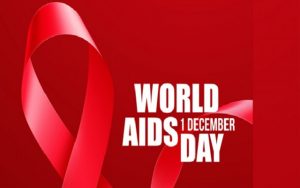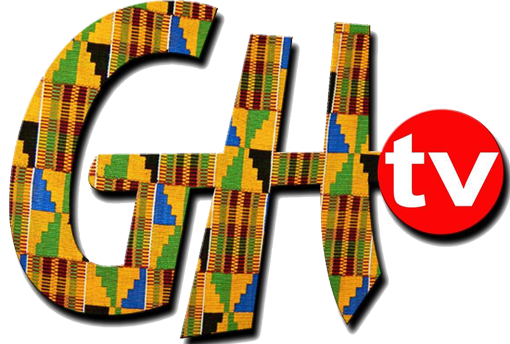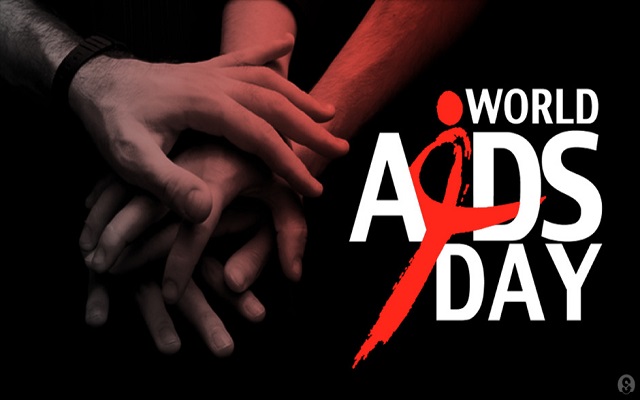
On the eve of World AIDS Day (December 1) Johnson & Johnson announced that its Janssen Pharmaceutical Companies together with a consortium of global partners have initiated the first efficacy study for an investigational mosaic HIV-1 preventive vaccine.
The Bill & Melinda Gates Foundation and National Institutes of Health are joining forces with Johnson & Johnson to advance the potential prevention option, which is designed to be a “global vaccine” that could prevent a wide range of viral strains responsible for the HIV pandemic.
“Developing a vaccine against HIV is a top priority and our best hope for a world without AIDS. Finding an effective HIV vaccine to protect people at risk has been a major scientific challenge, but today there is new optimism that we can get there,” said Paul Stoffels, M.D., Chief Scientific Officer, Johnson& Johnson.
“That’s why we’re joining forces with the world’s leading HIV researchers and global health advocates to help advance our experimental vaccine. Working together, our ultimate goal is to support efforts to make HIV history.”
The new, large-scale study (HVTN 705/HPX2008), also known as “Imbokodo”, will evaluate whether the investigational Janssen vaccine regimen is safe and able to reduce the incidence of HIV infection among 2,600 women in sub-Saharan Africa. Although there have been great advances in HIV treatment and prevention in recent years, nearly two million people still become infected with HIV every year.
According to UNAIDS, women and girls account for nearly 60 percent of people living with HIV in eastern and southern Africa.1
“The Imbokodo study is a result of an undeterred public-private partnership committed to responding to our formidable foe HIV,” said Professor Glenda Gray, CEO and President of the South African Medical Research Council and chair of the Imbokodo study. “Africa’s leadership role in bringing an end to the epidemic is documented in its ground breaking scientific research and evident in the dedicated contribution of its people.”
The initiation of Imbokodo means that, for the first time in over a decade, two vaccine efficacy studies are taking place at the same time. Another study, HVTN 702, is currently underway in South Africa to evaluate a different vaccine candidate.
Historically, the search for an HIV vaccine has been challenging due in part to the unique properties of the virus – including its ability to mutate rapidly and its global genetic diversity with multiple strains and subtypes prevalent in different parts of the world.
“Having a preventive vaccine would be a vital tool in a comprehensive global strategy to end the HIV pandemic,” said Johan Van Hoof, M.D., Janssen Vaccines & Prevention B.V. and Therapeutic Area Head, R&D, Infectious Diseases & Vaccines. “Our investigational vaccine is based on mosaic antigens that have been engineered using genes from a wide range of different HIV subtypes. The ultimate goal is to deliver a ‘global vaccine’ that could be deployed in any geographic region to help protect vulnerable populations at risk of infection.”
HIV/AIDS continues to be one of the world’s most pressing global health challenges. In 2016, an estimated 37 million people were living with HIV-1 globally, and 1.8 million people became newly infected with the virus. An estimated 790,000 new HIV infections occurred in eastern and southern Africa in 2016, where the new efficacy study is being conducted. In the United States, an estimated 1.1 million people were living with HIV at the end of 2014, and nearly 40,000 people were diagnosed with HIV in 2015.
STORY BY Prosper Agbenyegah

